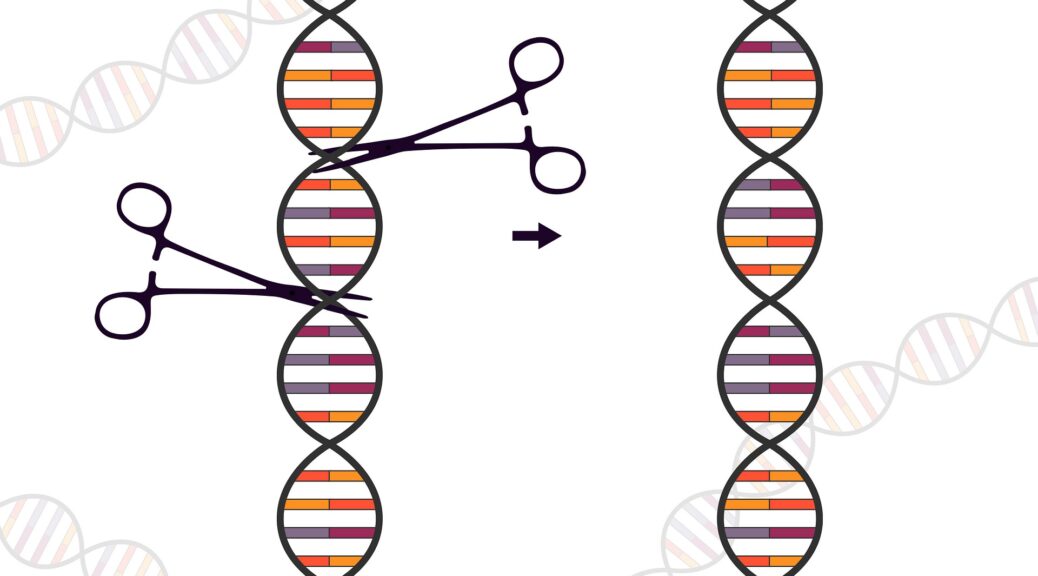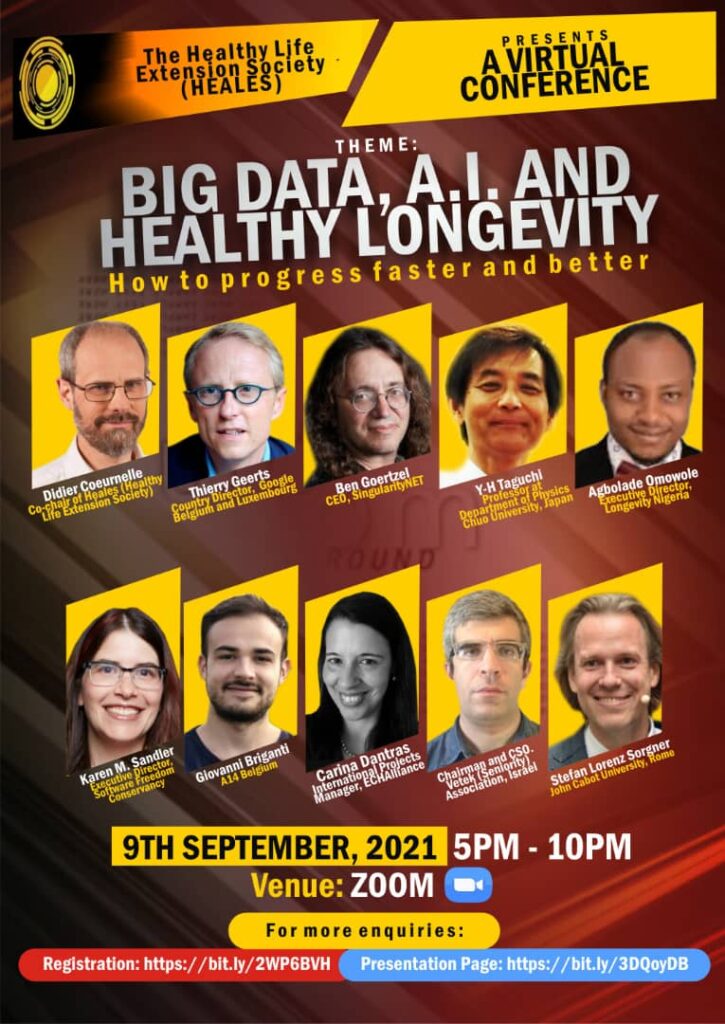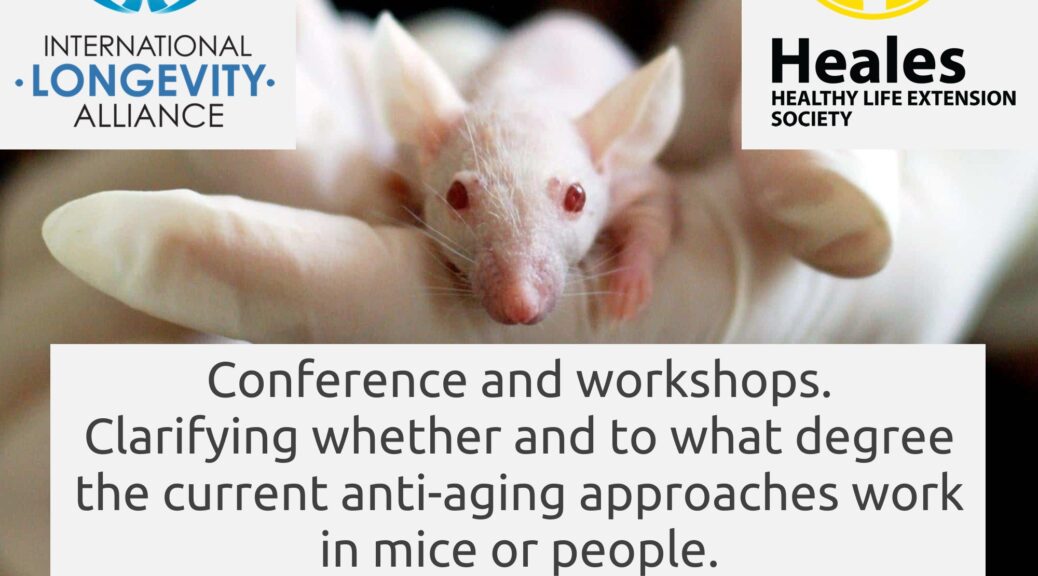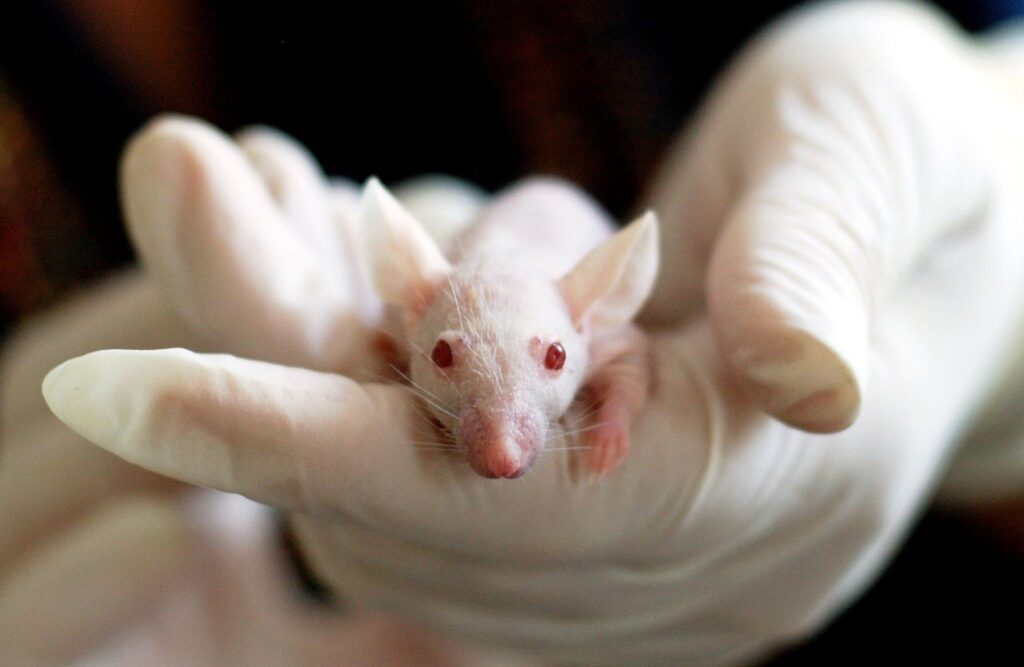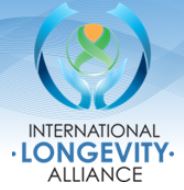5:00 pm – 5:20 pm : Introduction by Didier Coeurnelle, Ilia Stambler, Sven Bulterijs and Marion Steenacker, scientific consultant at Heales

5:20 pm – 05:40 pm : Giovanni Briganti, AI4 Belgium : “Artificial Intelligence for health in Belgium.”
Abstract : “Artificial Intelligence shows many promises as well as challenges in the domain of Health. In this talk Giovanni Briganti will outline the main domains of health AI and how its implementation is being tackled in Belgium through the Health vertical of the AI4Belgium national coalition.”
Bio : “Giovanni Briganti, MD, PhD is a physician-scientist at CHU Brugmann, Brussels. He leads the Health vertical of AI4Belgium, the Belgian national coalition for AI. He researches Bayesian Artificial Intelligence, specifically the application of Bayesian Networks and other graphical models for the study of mental disorders. “

05:40 pm- 6:00 pm : Ben Goertzel, CEO and founder of SingularityNET : “Decentralized AI for Healthy Longevity.”
Abstract : “Modern AI tools possess unprecedented potential for uncovering the root causes of human aging and age-associated disease. However, AI needs data to do its work, and the larger and more diverse the datasets, the better. Today the vast bulk of data that would be useful to feed AI algorithms oriented to study human longevity is locked up in proprietary corporate or government databases. To solve aging effectively likely requires a multipronged effort: Use of decentralized blockchain based networks and other similar tools to incentivize individuals to share their data with researchers, and use of advanced (e.g. neural-symbolic) AI tools to draw inferences regarding longevity from the messy and diverse datasets that can realistically be assembled. Work in this direction within the SingularityNET, OpenCog and Rejuve projects will be briefly described, as an example of this approach, involving joint AI analysis of datasets derived from long-lived humans, long-lived model organisms, and individuals of various ages and various levels of health.”
Bio : “Ben Goertzel is an artificial intelligence researcher, and CEO and founder of SingularityNET. He is the CEO and founder of SingularityNET, a project combining artificial intelligence and blockchain to democratize access to artificial intelligence. He was a Director of Research of the Machine Intelligence Research Institute. He is also chief scientist and chairman of AI software company Novamente LLC; chairman of the OpenCog Foundation; and advisor to Singularity University. Ben Goertzel was the Chief Scientist of Hanson Robotics, the company that created Sophia the Robot.”

6:00 pm – 6:20 pm : Carina Dantas, The Digital Health Society / SHINE 2Europe : “What do citizens want when they share their data?”,
Bio : “Carina Dantas has over 20 years-experience in health and social care. She is CEO of SHINE 2Europe, Senior International Project Manager for the ECHAlliance, Management team member of The Digital Health Society, member of the Standing Committee on Policy and Advocacy of the International Health Literacy Association, the Advisory Board of the H2020 projects ReHyb, VisuAAL, Tactile, Homes4life and reviewer of ICF Journal, Geriatrics and MDPI.”

6:20 pm – 6:40 pm : Thierry Geerts, Country Director Google Belgium and Luxembourg : “Homo Digitalis : How digitalization makes us more human”. “.
Abstract : “Digital applications simplify our lives, save time during the day, find information, stay healthy but especially can help us stay in contact with loved ones despite the pandemic or if they live thousands of km from here. In short, all things that are fundamentally… human! The changes that we are experiencing with digitalization are particularly significant, on a technical, human and social level. This digitalization does not make us less but more human, as a result of which, people themselves have evolved into what you could call a new human species: homo digitalis. Homo sapiens feared a mammoth, then a train or electricity. Today we are afraid of digitalization, AI or messages on social media. But technology itself is neutral, we don’t have to fear it. What we need to do is what we’ve done with technology in the past: overcome fears and embrace innovation. We have to take control of technology: learn about it and experiment with it. It will have a huge impact on healthcare. AI will improve diagnosis, therapies. Connected devices will help us to stay healthy. If we invest in those technologies, we can live longer and healthier and reduce the cost of healthcare for society. This new human being enriches her or his life thanks to digital applications, has the opportunity to spend more time on things that really matter in their lives like personal development, health, family and has instant contact with 4 billion other people”
Bio : “Since 2011, Thierry Geerts has been heading Google in Belgium and Luxembourg, the company that has become much more than just a search engine. He graduated from the VUB as a Solvay Business Engineer and soon became general manager of an industrial laundry company. With the advent of the internet in the mid-1990s, he reoriented himself towards the media industry and held various management positions at VUM (now Mediahuis), publisher of newspapers such as De Standaard and Het Nieuwsblad. His book Digitalis (2018), in which he describes the possibilities of the digital world, has meanwhile sold more than 25,000 copies. In 2021 he published his new book, Homo Digitalis, about the impact of the digital revolution on people and society.”

6:40 pm – 7:00 pm : Y-H Taguchi : ” The Big Data Situation in Japan (and other Asian countries)”
Abstract: “In Asian countries, Big Data usage in health care is rapidly developing. In this talk, I will talk about situations in these countries, especially focusing on Japan, China and Korea. Recent corna pandemic accelerated the progress of usage of big data in health care, although Japan is so behind the other two countries. Big Data usage in health care will be increasingly important on Asian countries including these three countries.”
Bio : “Prof. Taguchi is currently a Professor at Department of Physics, Chuo University. Prof. Taguchi received a master degree in Statistical Physics from Tokyo Institute of Technology, Japan in 1986, and PhD degree in Non-linear Physics from Tokyo Institute of Technology, Tokyo, Japan in 1988. He worked at Tokyo Institute of Technology and Chuo University. He has been with Chuo University (Tokyo, Japan) since 1997. He currently holds the Professor position at this university. His main research interests are in the area of Bioinformatics, especially, multi-omics data analysis using linear algebra. Dr. Taguchi has published a book on bioinformatics, more than 100 journal papers, book chapters and papers in conference proceedings.”
7:00 pm – 7:20 pm : Break

7:20 pm – 7:40 pm : Agbolade Omowole, Founder of Longevity Nigeria : “Application of A.I. and Big Data on Healthy Longevity in Africa and Data Ethics Oversight.”
Abstract : “In the past, Nigerians have been overly dependent on health care solutions from the developed world until recently. Today lots of startups are disrupting the healthcare industry in Nigeria and providing world class solutions to Nigerians and Africans. I will present information about how a number of organizations in Nigeria are leveraging A.I. and Big Data to improve the lives of Nigerians and why they should have an ethical oversight. The ethics oversight will highlight the basic principles of data ethics that should be incorporated into big data and artificial intelligence.”
Bio : “Agbolade Omowole is a passionate researcher on the ethics of AI and data driven technologies. He is the founder of Longevity Nigeria, a healthy longevity activism organization that is creating awareness on improving healthspan in Nigeria, and Africa at large.”

7:40 pm – 8:00 pm : Karen Sandler : “Digital Autonomy and Longevity”.
Bio : “Karen M. Sandler is the executive director of the Software Freedom Conservancy, a charitable nonprofit dedicated to empowering people to control their technology with software freedom. She is known as a cyborg lawyer for her advocacy for software as a life-or-death issue, particularly in relation to the software on medical devices. Prior to joining Conservancy, she was the executive director of the GNOME Foundation. Before that, she was the general counsel of the Software Freedom Law Center. Karen co-organizes Outreachy, the award-winning outreach program for people who face under-representation, systemic bias, or discrimination in tech . Karen is an adjunct Lecturer-In-Law at Columbia Law School. She is the recipient of the Free Software Foundation’s 2017 Award for the Advancement of Free Software as well as an O’Reilly Open Source Award.”

8:00 pm – 8:20 pm : Didier Coeurnelle, co-chair at Heales : “General introduction to Legislation and Organisations concerning the public sharing of Health Data around the world.”
Bio : “Didier Coeurnelle Didier Coeurnelle (Belgium) is co-chair of Heales (Healthy Life Extension Society), which publishes a monthly newsletter of information: The Death of Death and organizes international conferences. He is a spokesman of the French association Technoprog, which aims to “spread the themes and questions related to technologies that could extend and enhance the lives of individuals and of humankind”. He is also a member of the board of the International Longevity Alliance, an active member of the social and environmental movement and a jurist.”

8:20 pm – 8:40 pm : Stefan Sorgner : “A philosopher’s point of view. Why is it important to share more for the collective?”
Abstract : “To guarantee that an enormous plurality of different lifestyles can be embraced in a society while a highly efficient universal healthcare system is available, we need a democratic usage of our digital data. I will sketch central reflections concerning a promising initial step for developing appropriate social, legal and political structures for realizing a proper democratic usage of our digital data.”
Bio : “Stefan Lorenz Sorgner is a philosophy professor at John Cabot University in Rome and is director and co-founder of the Beyond Humanism Network, Fellow at the Institute for Ethics and Emerging Technologies (IEET), Research Fellow at the Ewha Institute for the Humanities at Ewha Womans University in Seoul and Visiting Fellow at the Ethics Centre of the Friedrich-Schiller-University in Jena. He is editor of more than 10 essay collections, and author of the following monographs: Metaphysics without Truth (Marquette University Press 2007), Menschenwürde nach Nietzsche (WBG 2010), Transhumanismus (Herder 2016), Schöner neuer Mensch (Nicolai, 2018), Übermensch (Schwabe 2019), On Transhumanism (Penn State University Press); We have always been cyborgs (Bristol University Press 2022). In addition, he is Editor-in-Chief and Founding Editor of the “Journal of Posthuman Studies” (a double-blind peer review journal, published by Penn State University Press since 2017). Furthermore, he is in great demand as a speaker in all parts of the world (World Humanities Forum, Global Solutions Taipei Workshop, Biennale Arte Venezia, TEDx) and a regular contact person of national and international journalists and media representatives (Die Zeit, Cicero, Der Standard; Die Presse am Sonntag, Philosophy Now). www.sorgner.de & www.mousike.de“
8:40 pm – 9:00 pm : Break
9:00 pm – 9:45 pm : Debate and proposals: “How to progress faster and better for all scientists?” Participants : Karen Sandler, Thierry Geerts, Stefan Sorgner, Ben Goertzel and Didier Coeurnelle.
9.45 pm -10:00 pm : Official closing by Ilia Stambler and Didier Coeurnelle

